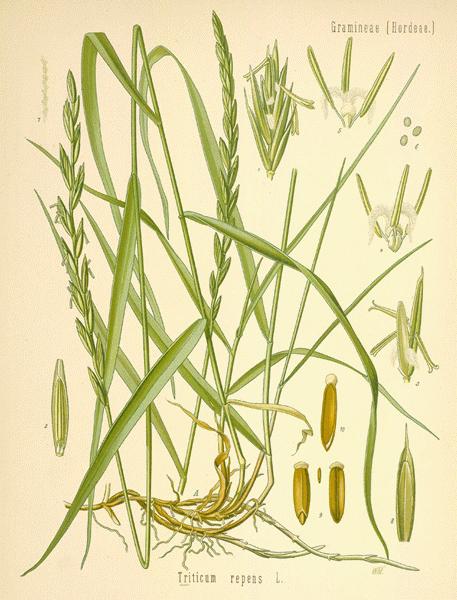Their gojis are the size of your marrow fat peas, their peas
are the size of your cherries, their cherries the size of your sprouts, their
sprouts the size of your onions and their onions the size of your head (which by
now has a pain in it).
Thankfully, unlike say, World Federation Wresting and rap, you
don’t get too much of the old bragging in the gentle world of food
growing. There’s green eyed jealousy
among the green fingered in droves, but rarely do people openly boast about the
size of their nuts.
Except within family.
 |
| It was THIS big!!! |
But family doesn’t have those normal feelings-sensitive
receptors which we normally deploy when we dealing with the rest of society at
large. At the same time, we tend not to mind an assault of horticultural
superlatives as much if they happen to come from a family member. Like a turnip, your skin is
thick skin to familial cuts.
As it happens my extended family has the most gardeners ever
(boasting here) - and everyone is an expert. We also like to tell each other as
much.
My brother is a graduate of the country’s leading Botanical
College and now head of the biggest division within the country’s biggest
landscaping outfit – so he at least has a fair claim to superior green fingers. I'm the one with the column, the book and blog (boasting again).
Two of my uncles and my dad get their gardening cojones from
the university of gardening life and it is
from this quarter that I get the majority of the “size” based vegetable
spoutings. My dad, known as EOE (expert on everything) likes to dig up anything that isn't performing in his garden and make a present of it to me (the
daft thing is he tells me this as he’s handing them over) and then he brings me
in to his garden to show off the food producing that are excelling: "Loganberries, the size of your THUMB - have you ever seen the like of them?!"
One uncle we meet for a beer every week has been known to
slap a big (not huge) onion on the counter in the bar at 10.30pm and chirrup “Well what do
you think of THAT then?! Now THAT’S an onion. THAT’S what I call an onion.”
 |
| My uncle taking one of his onions to the bar yesterday |
With my youngest uncle recently joining my Dad in
retirement, the competition heated up at his end. And he’s got himself a
greenhouse. “You’d want to see the SIZE of the cucumbers …and the tomatoes
MASSIVE tomatoes” – his hands spread out, his eyes bulging for effect as he tell it.
When the previous uncle couldn’t make it to our weekly
drinks session, he couldn't resist giving my Dad an outsized lettuce head he’d grown to take to the bar - just to show me how big they were growing them up
at his place. Except Dad didn’t bring it – he chopped it up instead and
ate it. “Mmm yea it was biggish alright,” he conceded slightly when accosted
over it a week later. ..........“Not as big as mine tho.”










